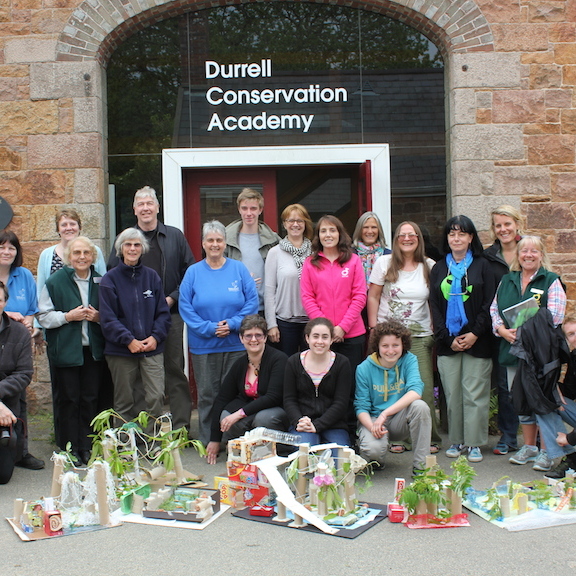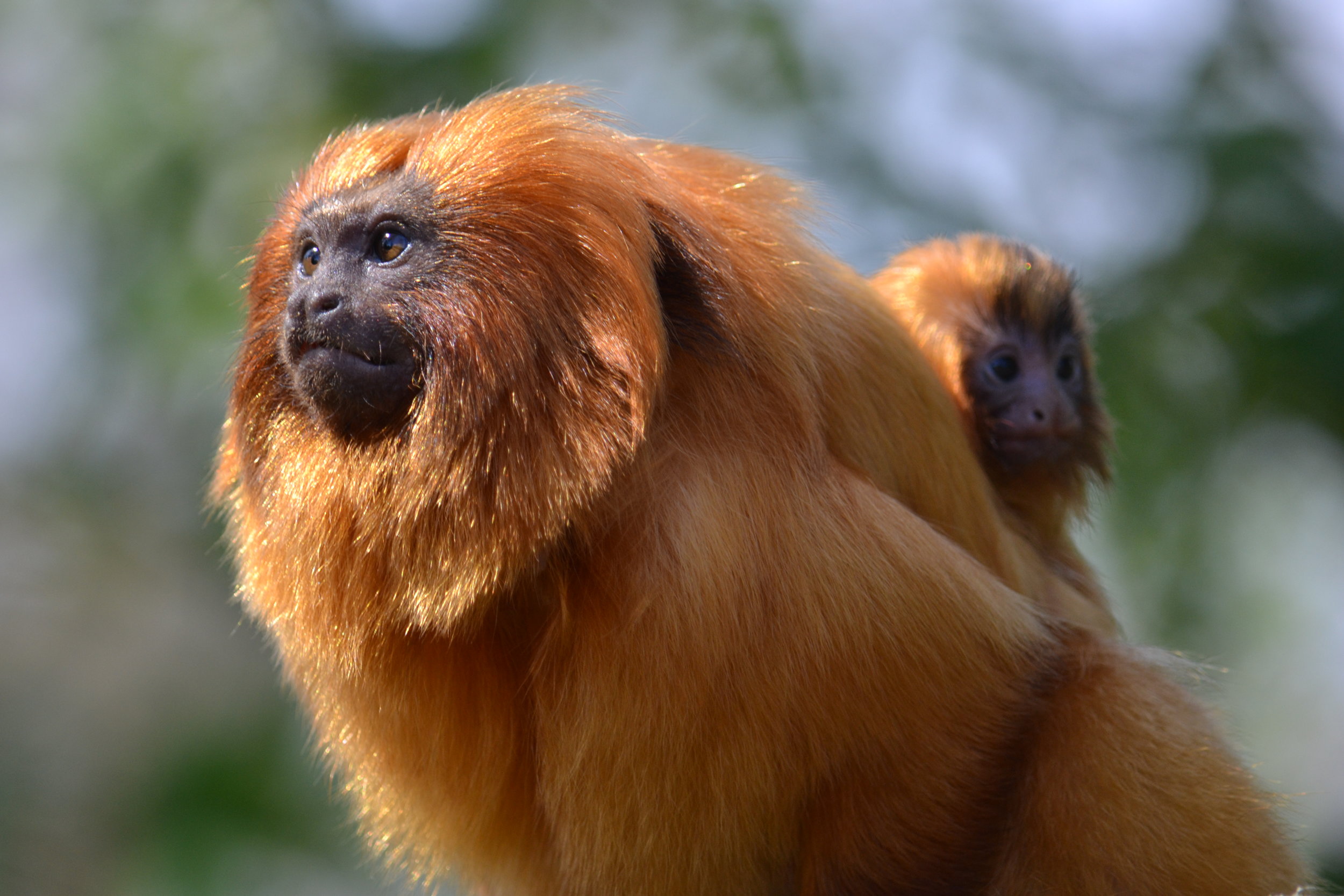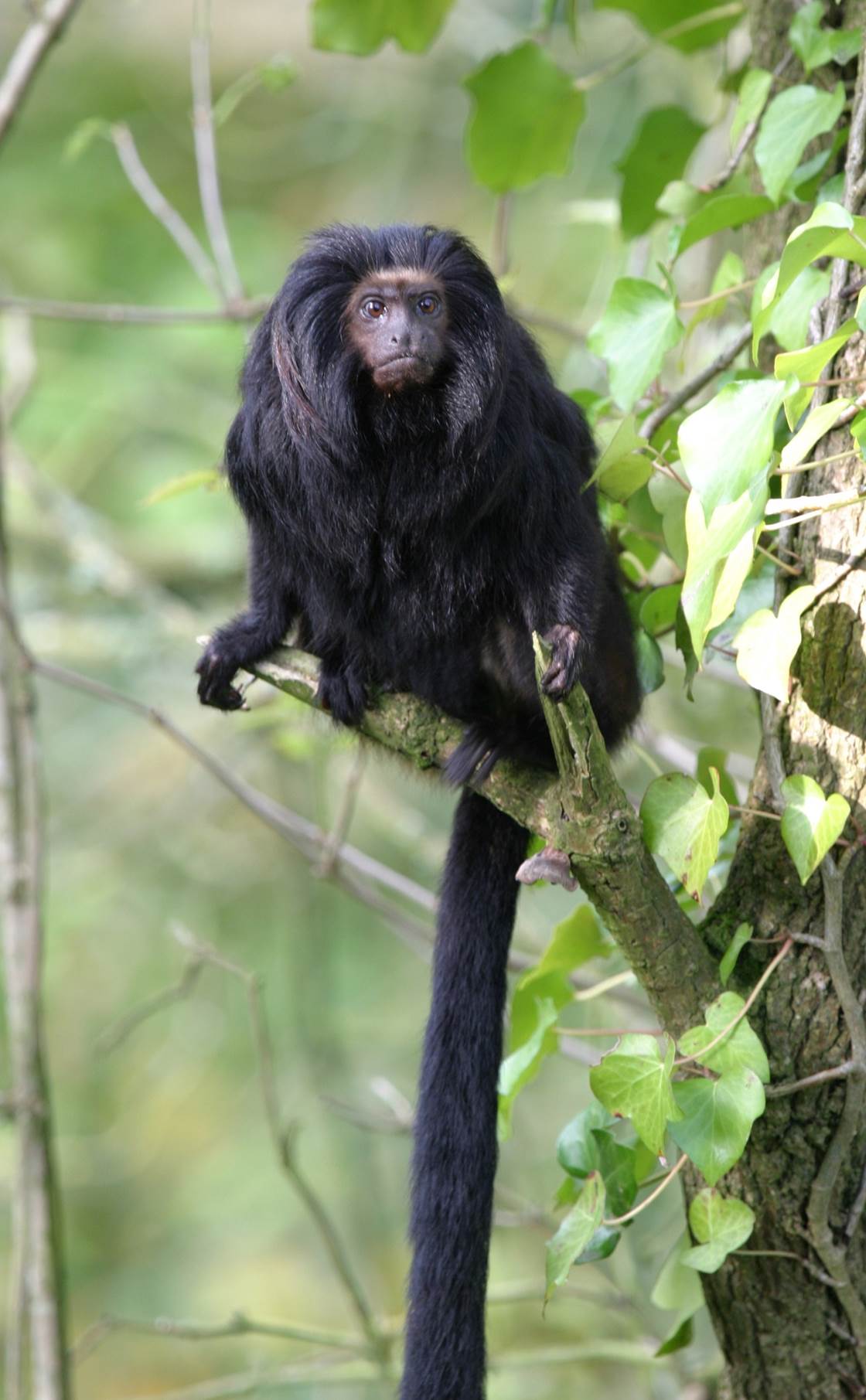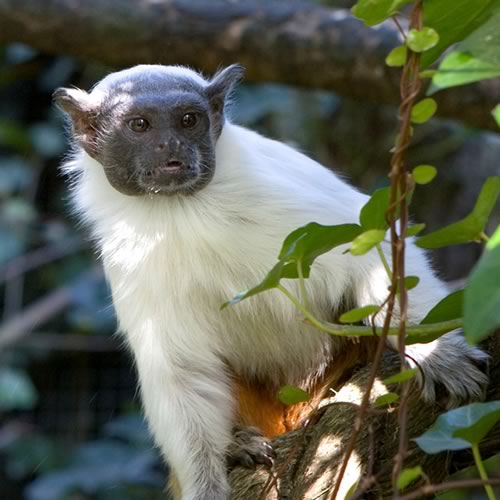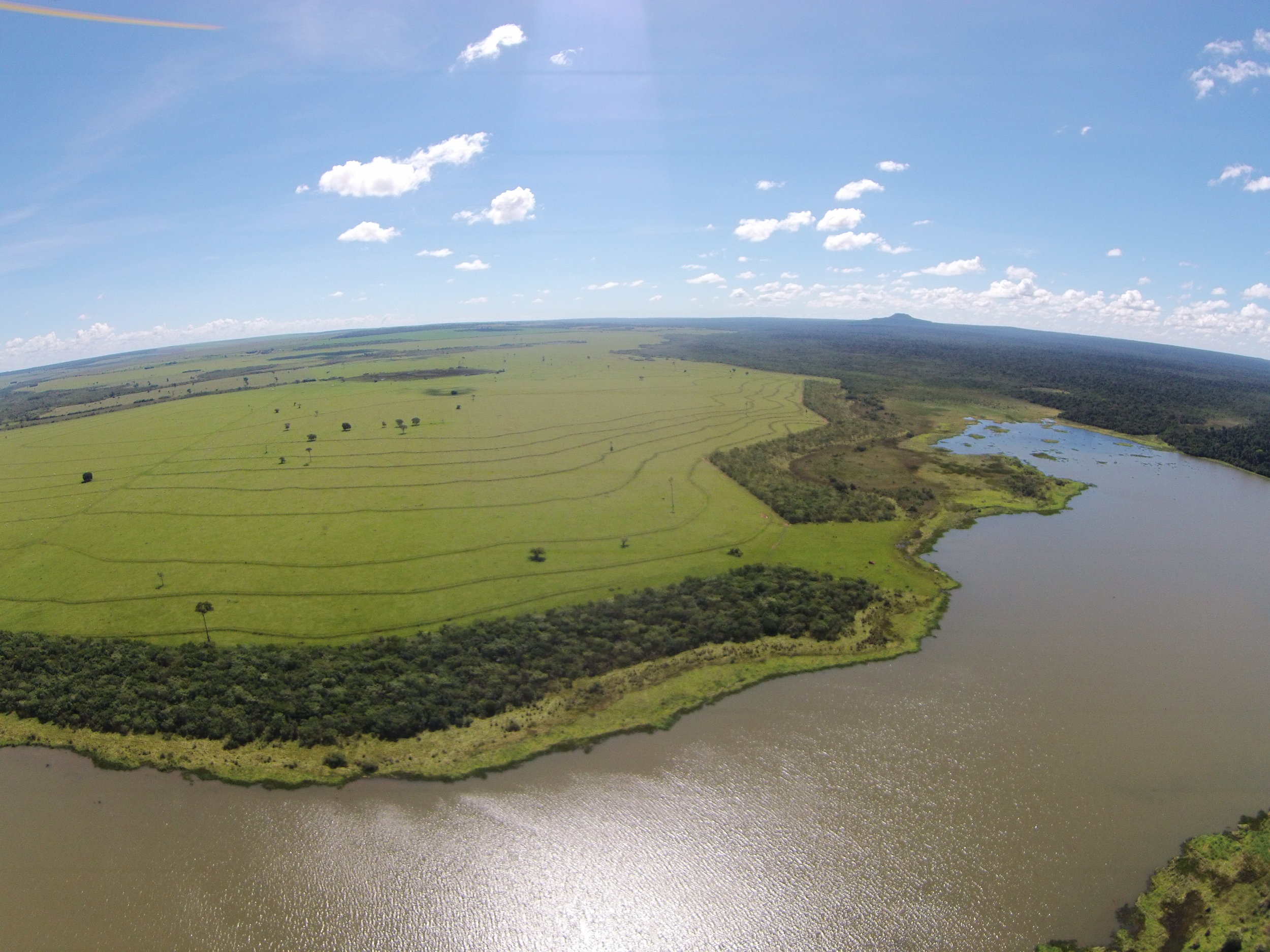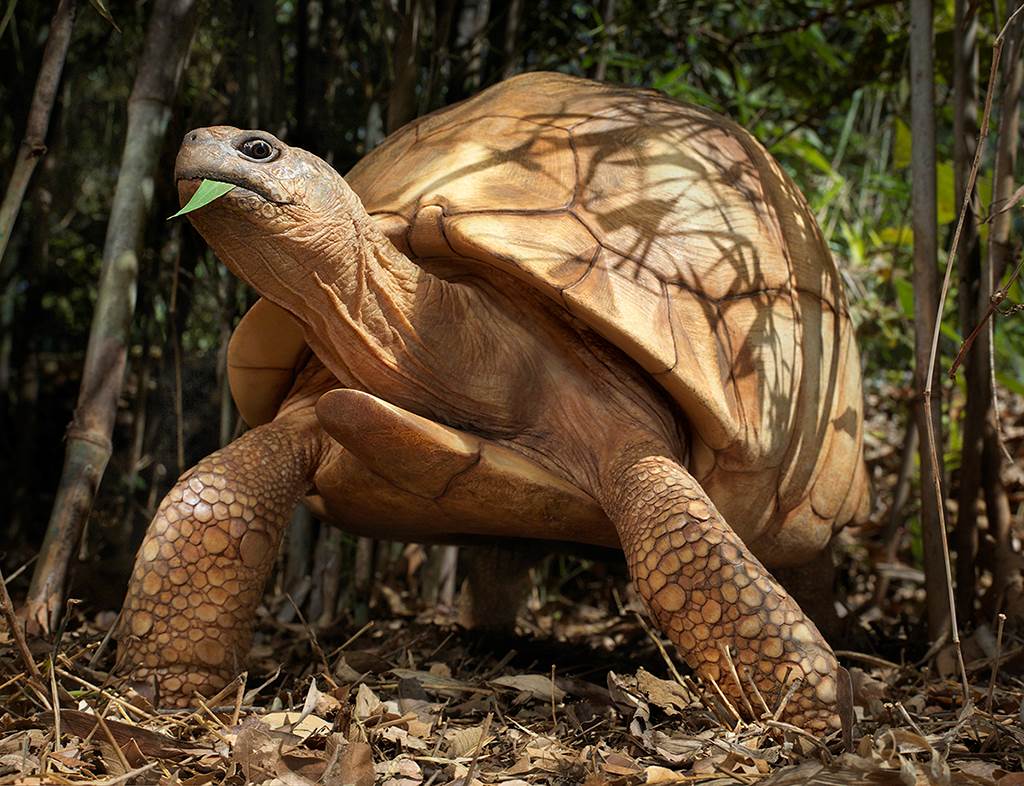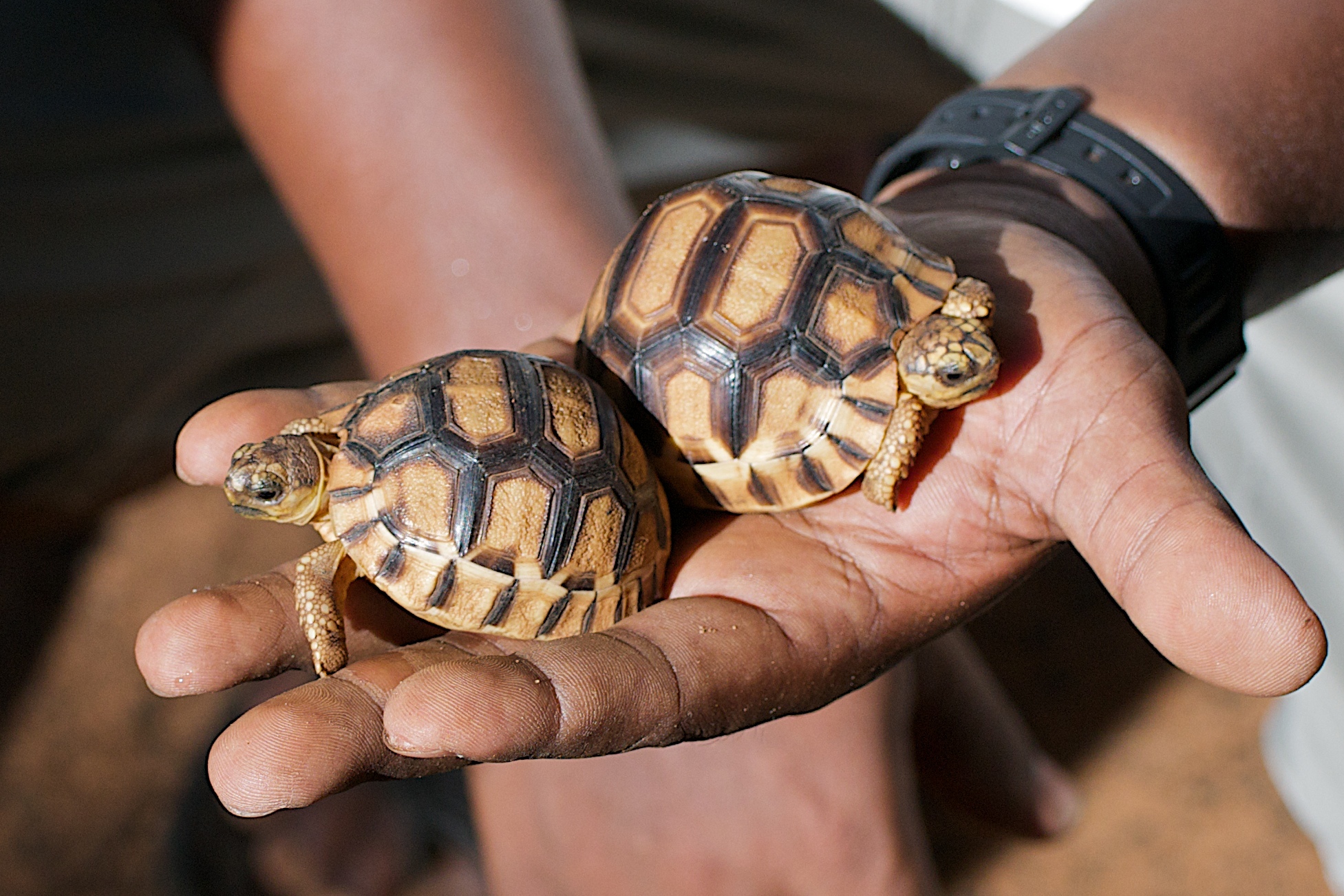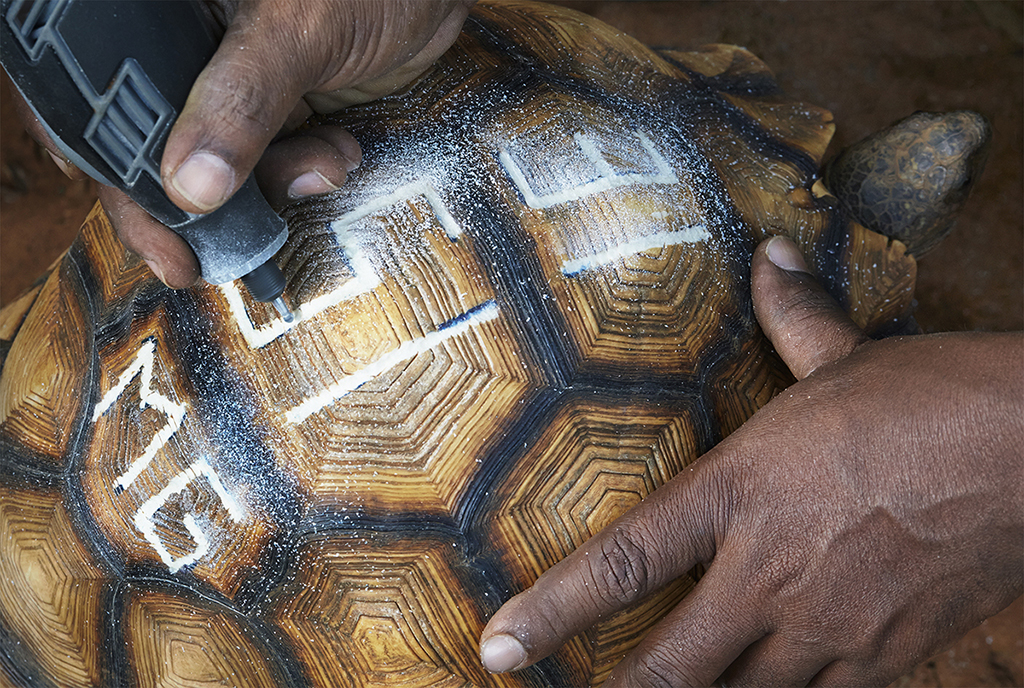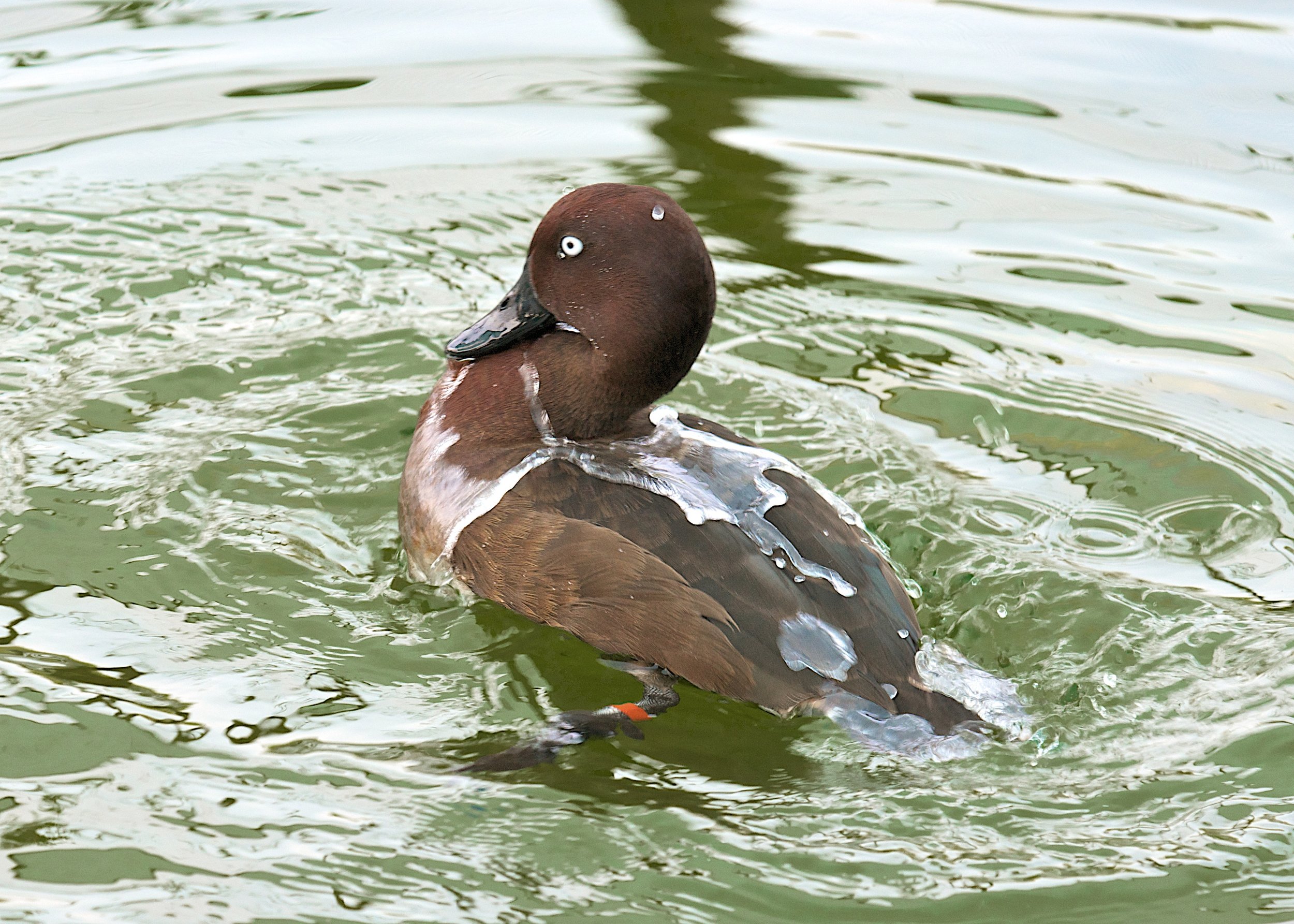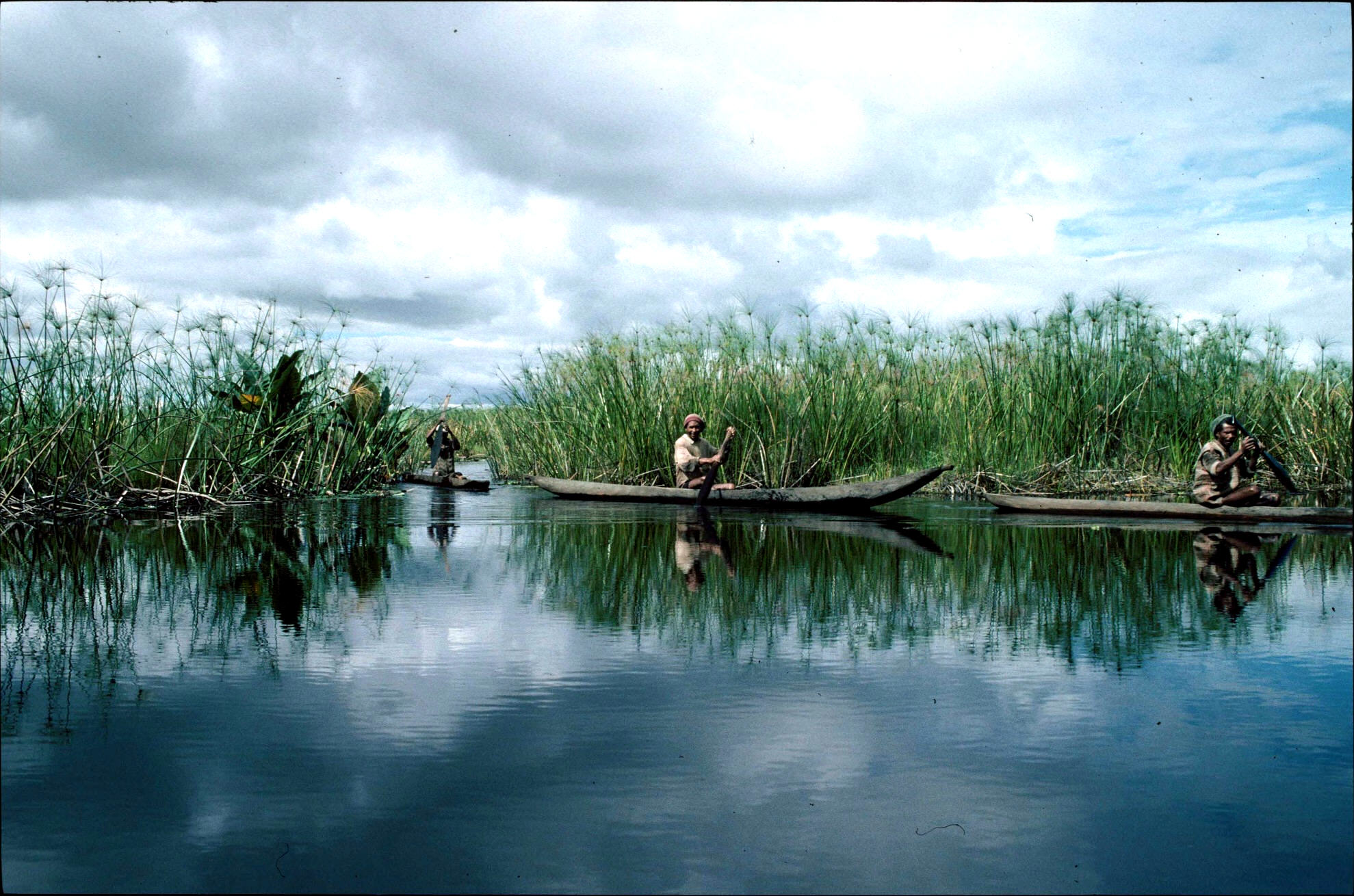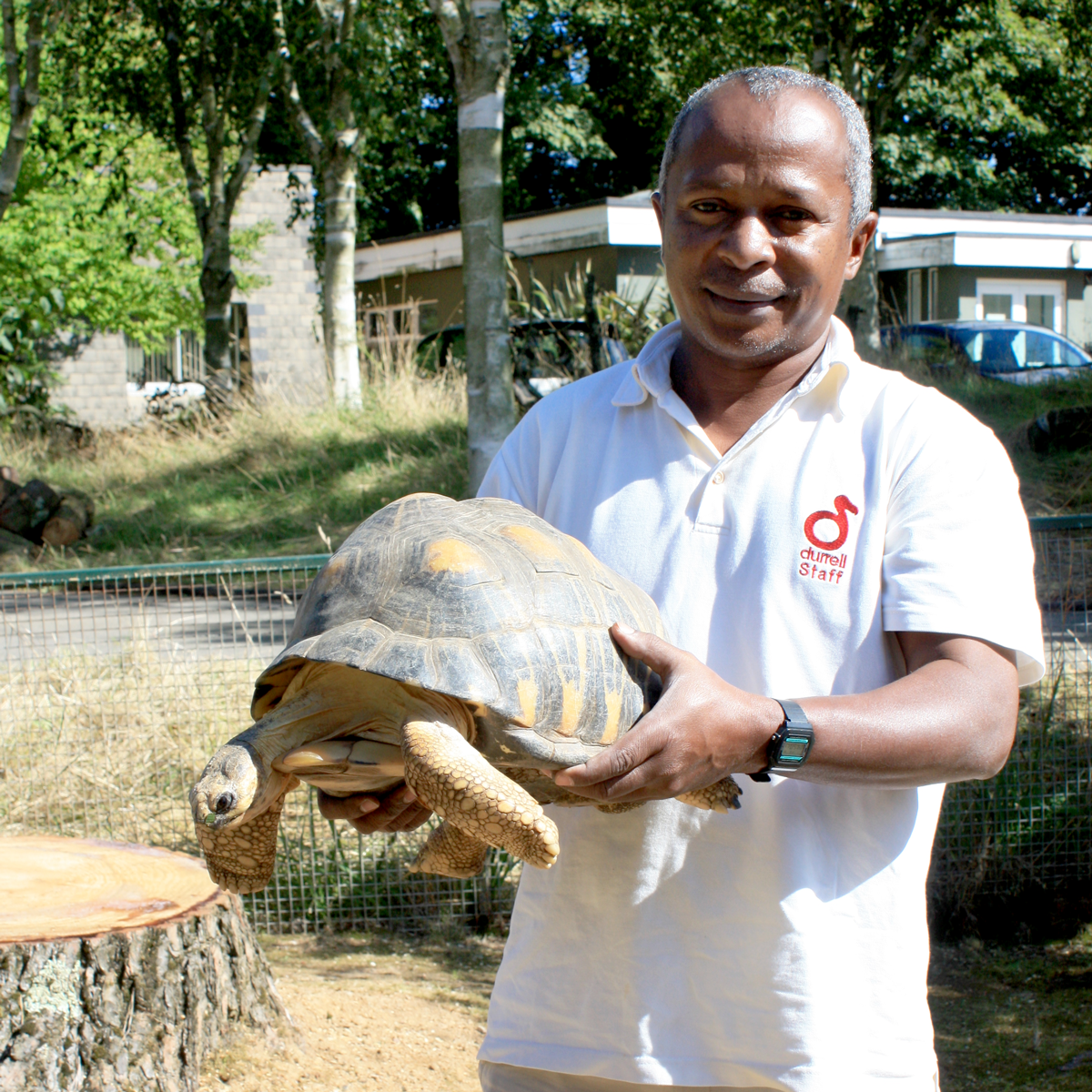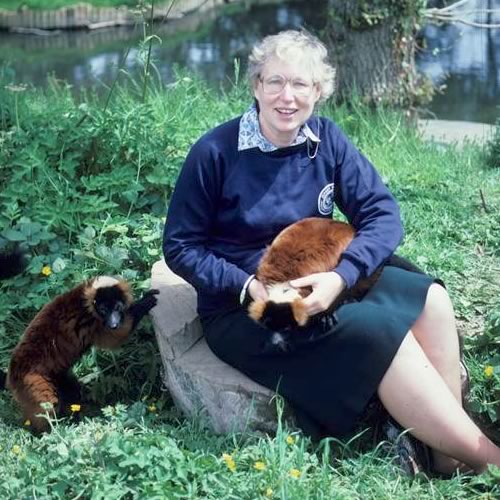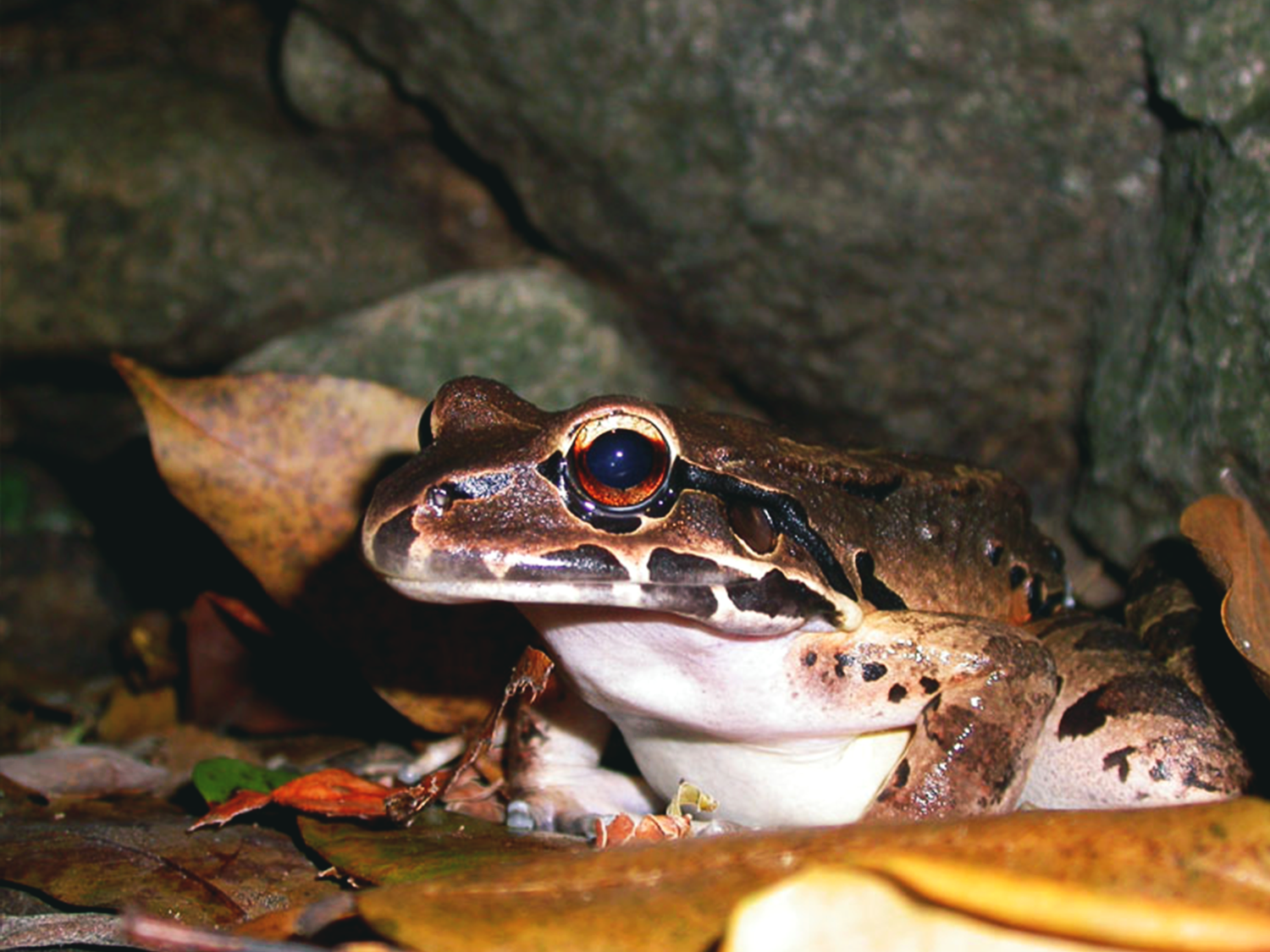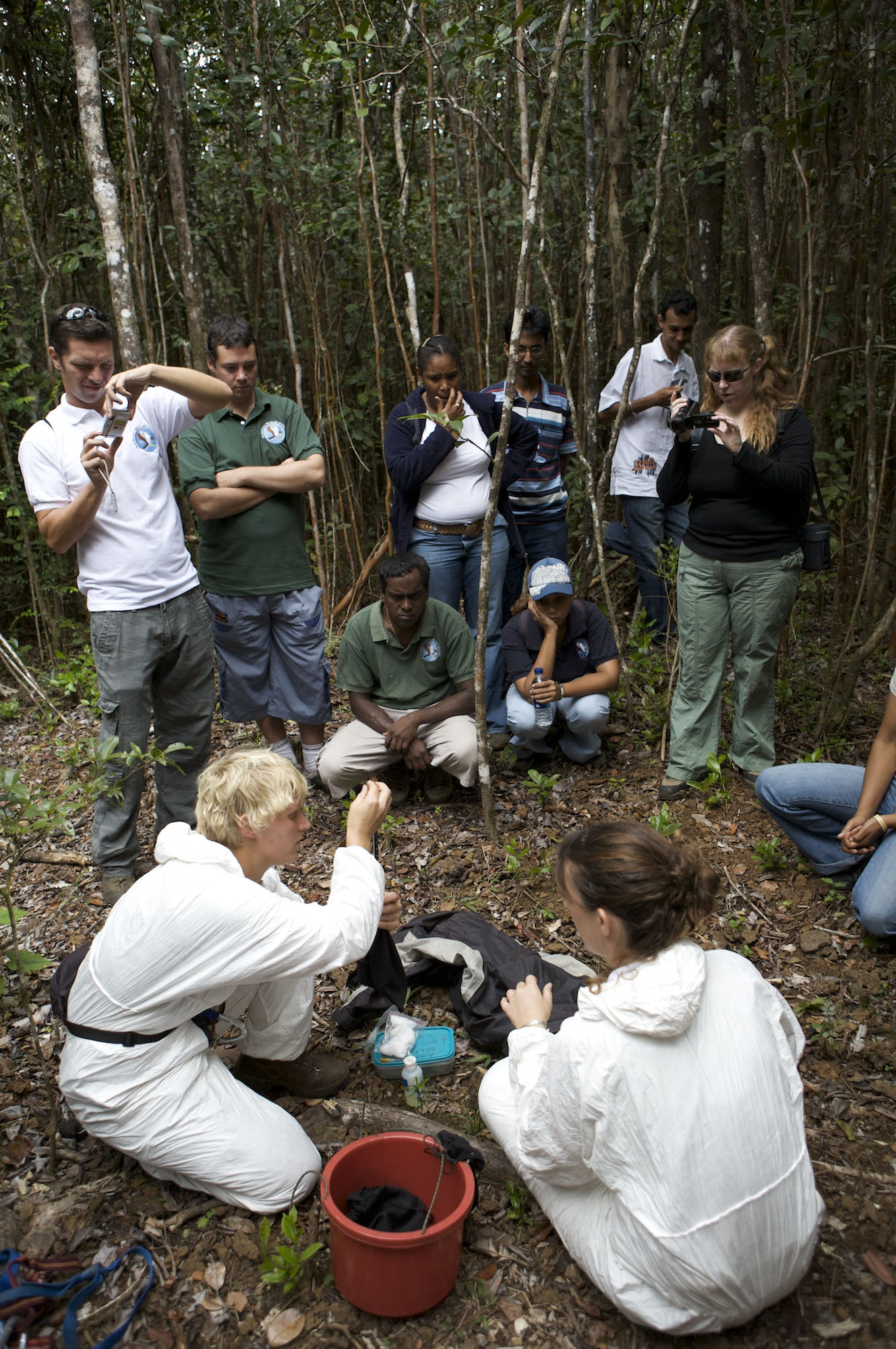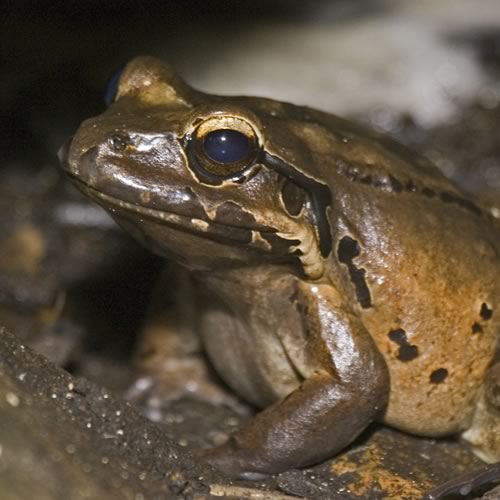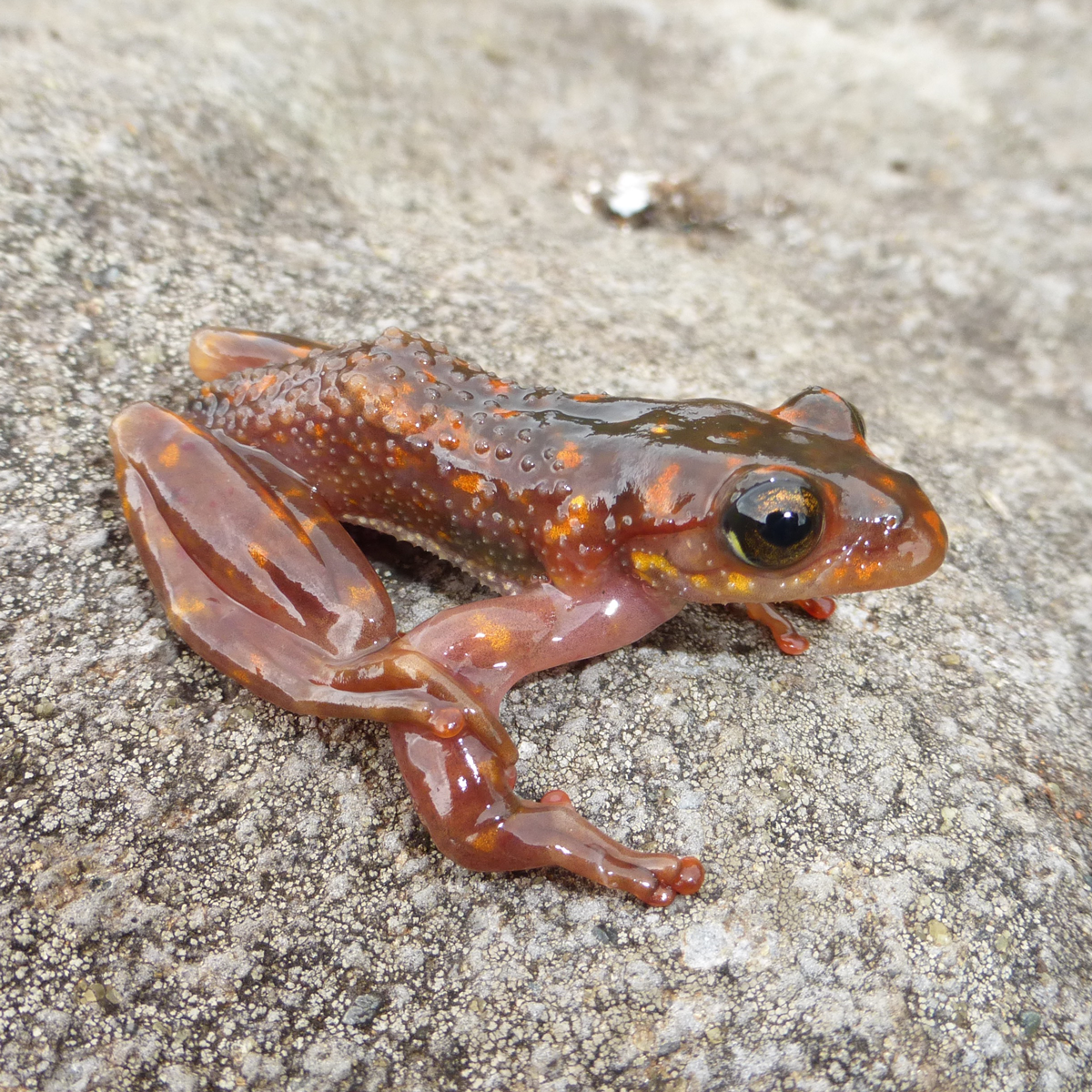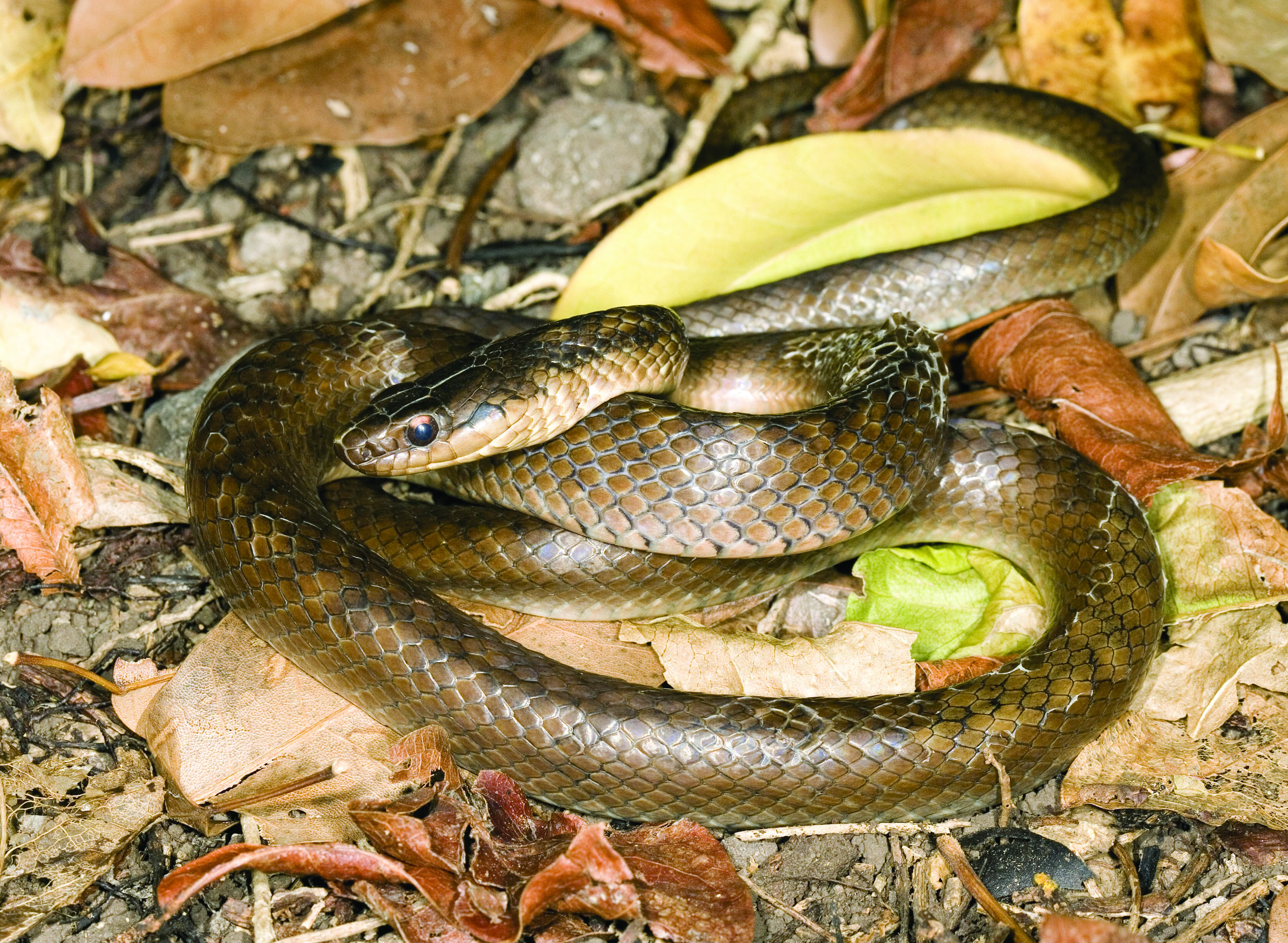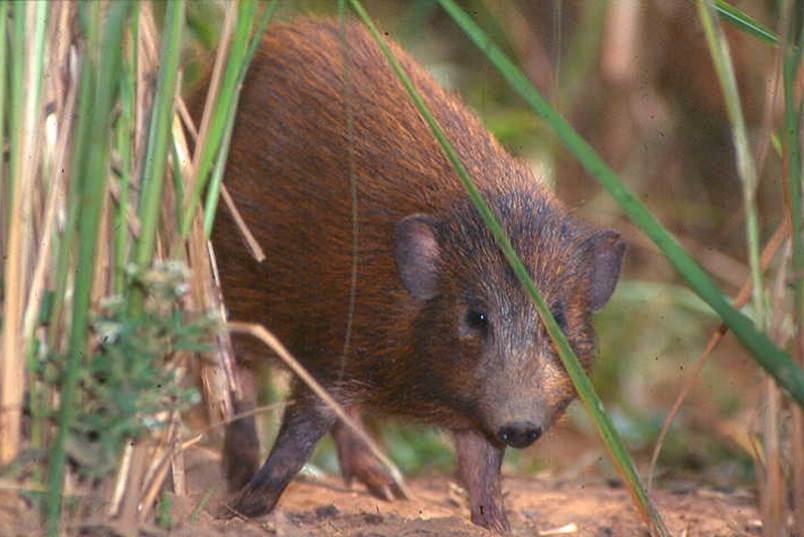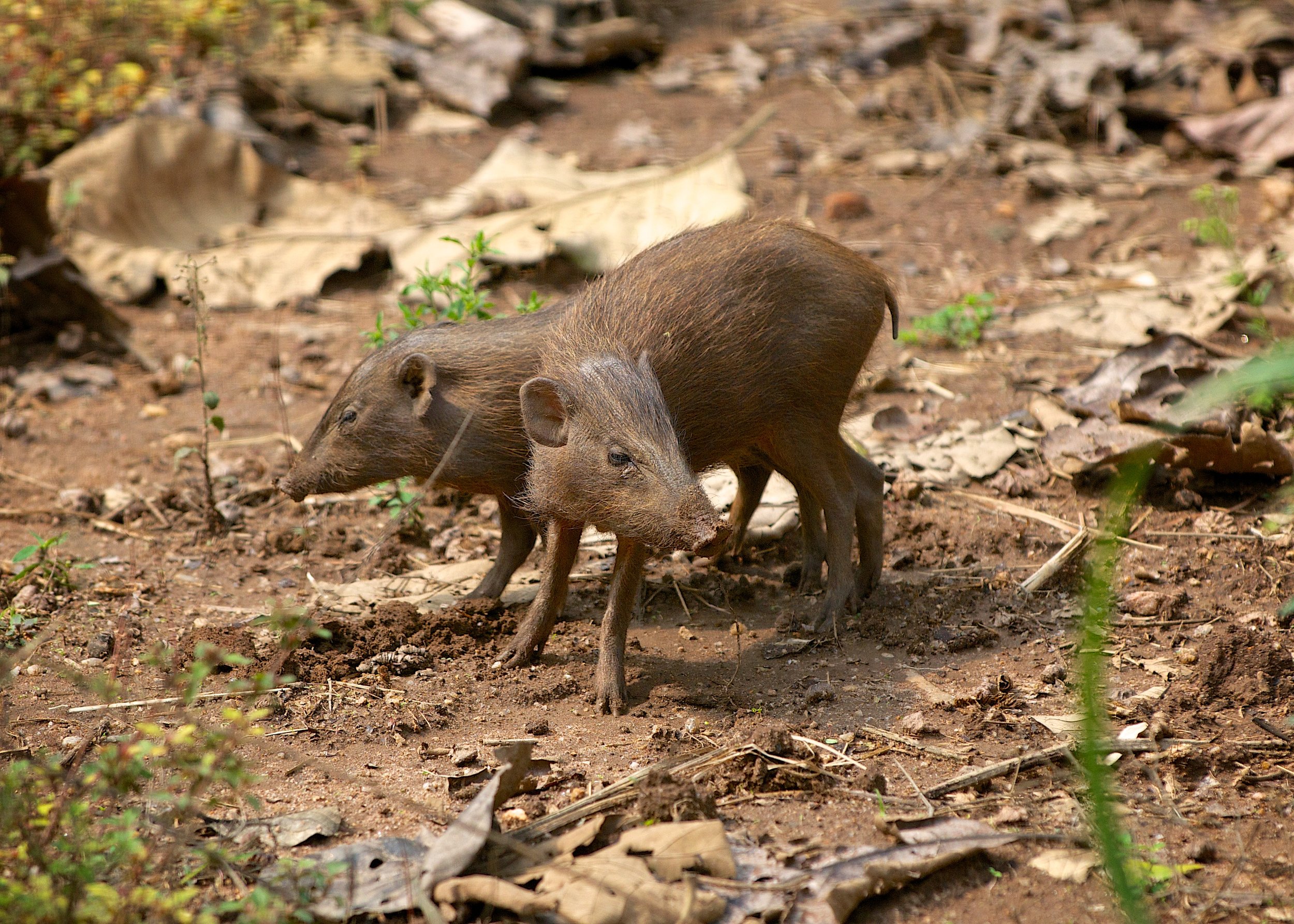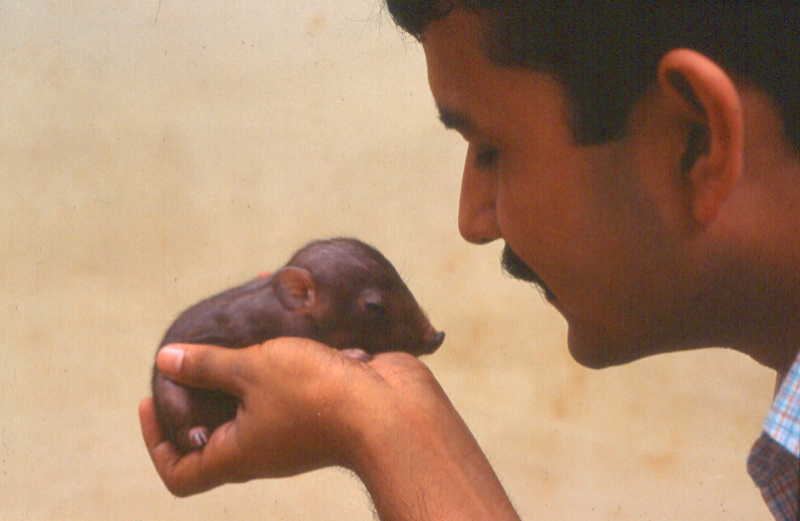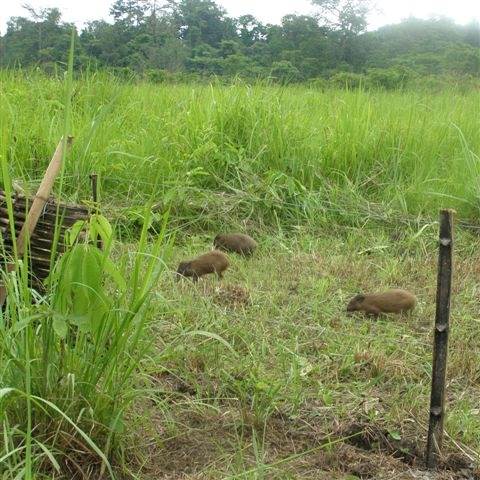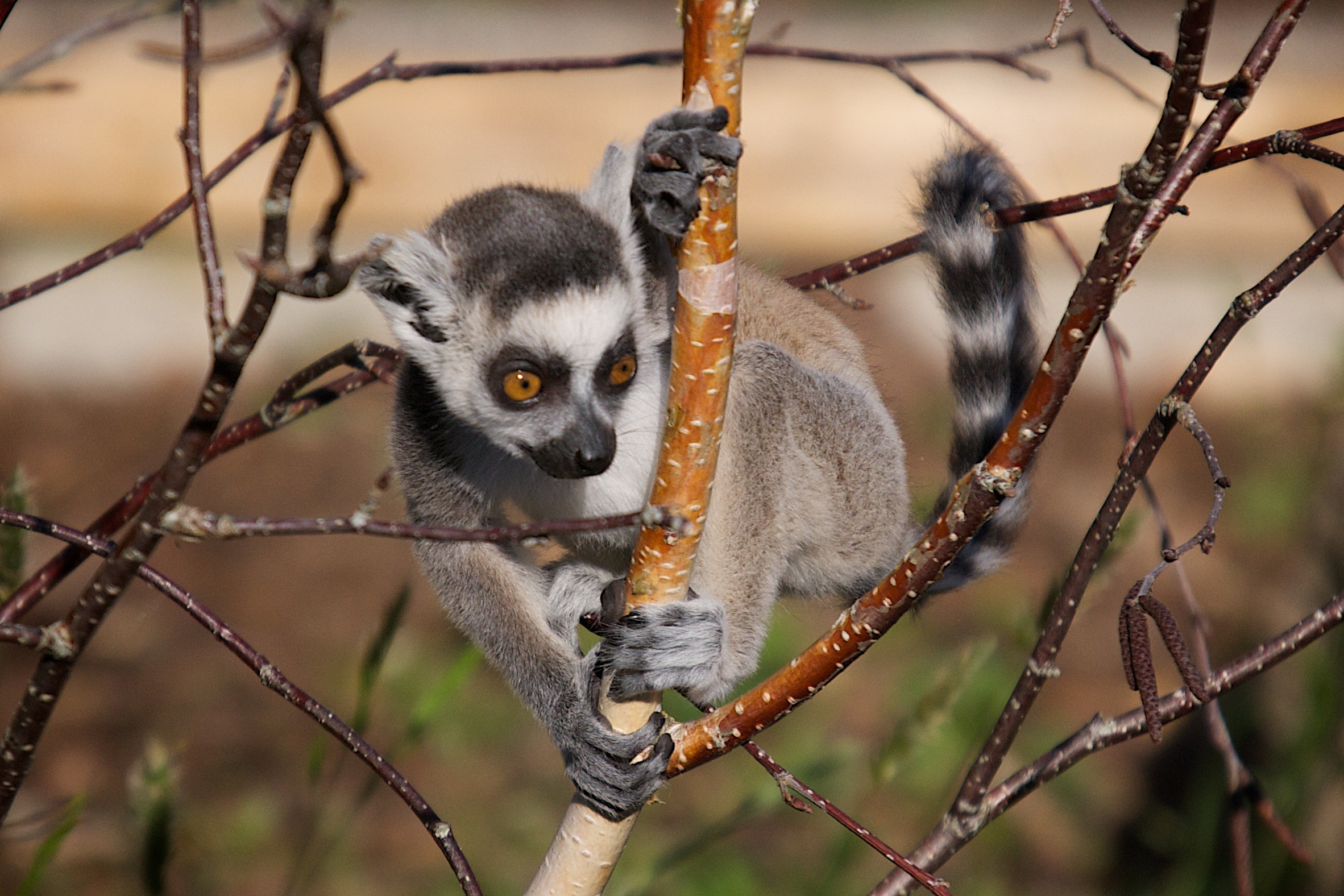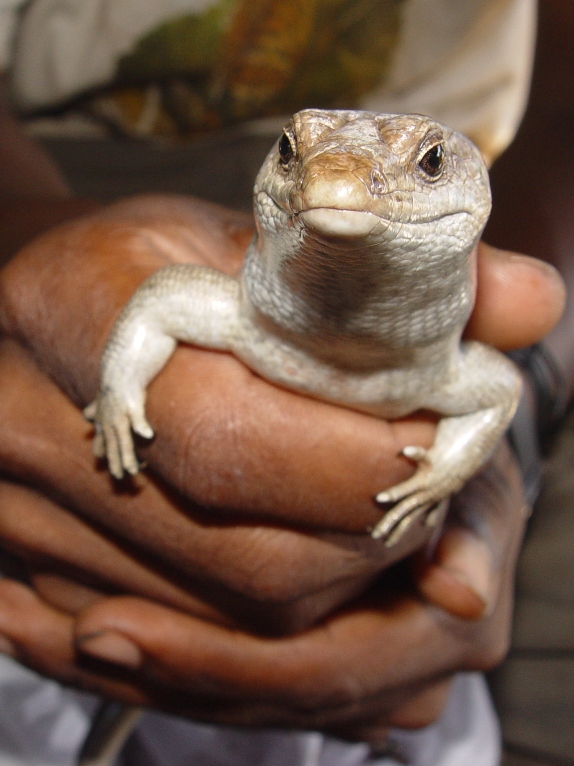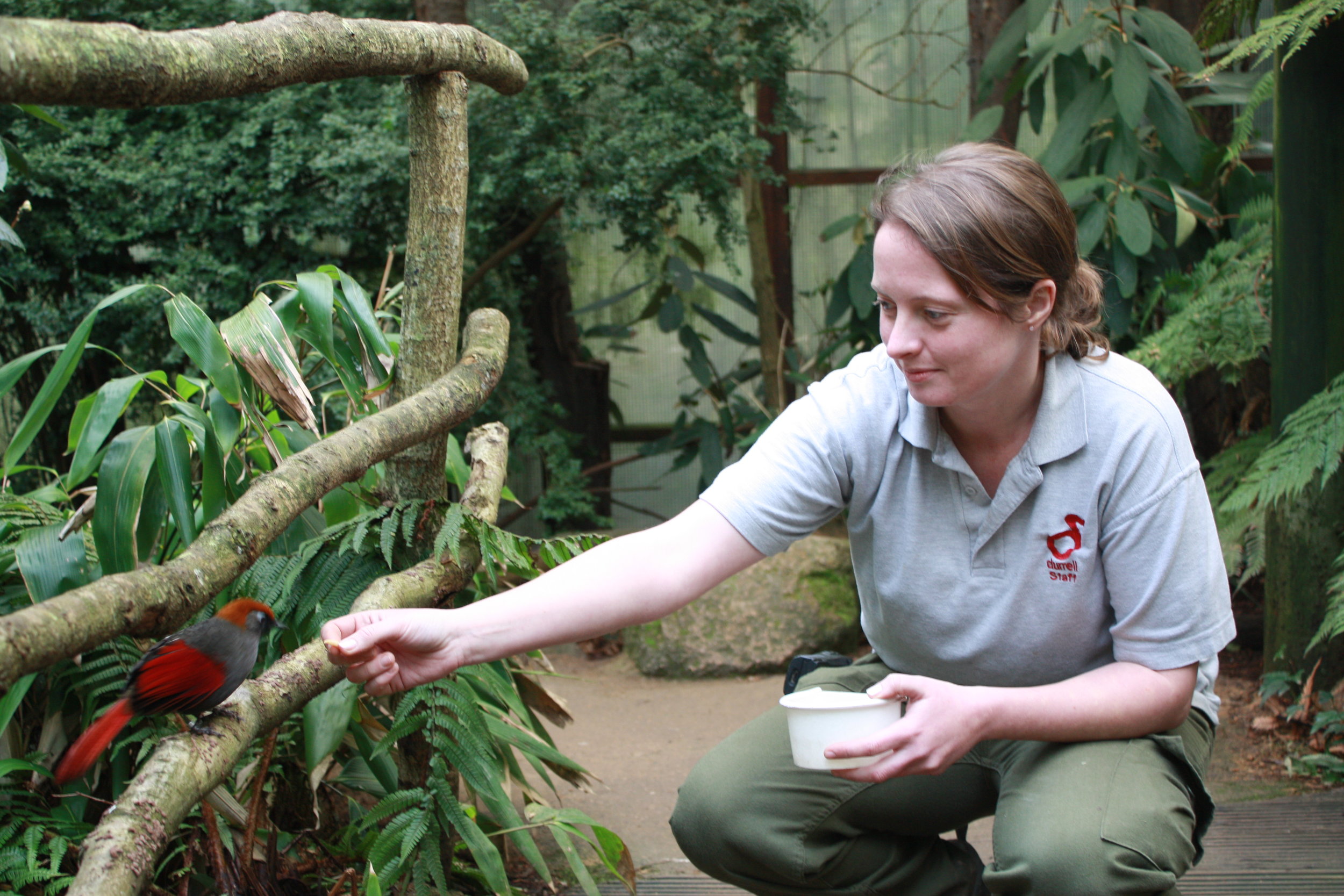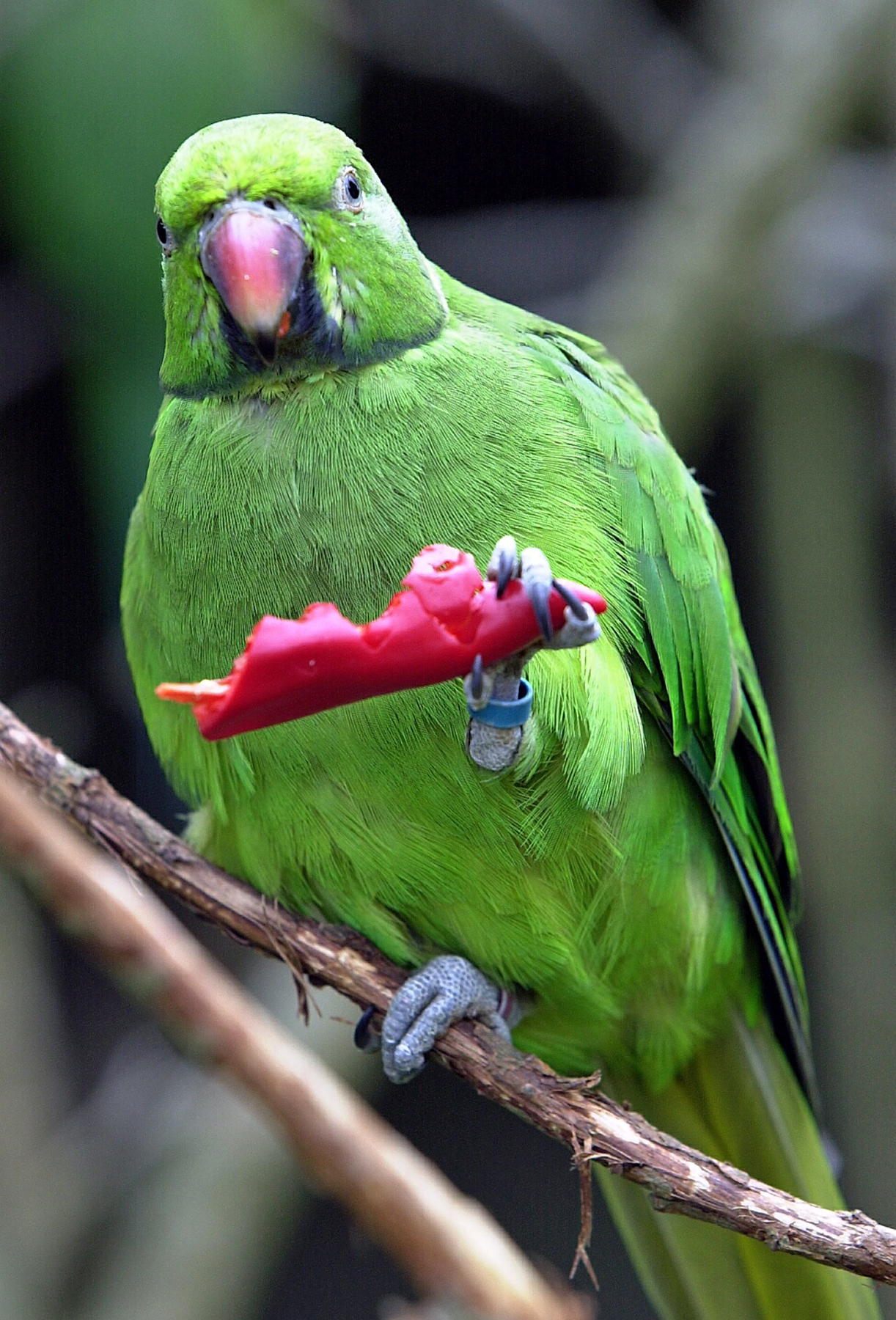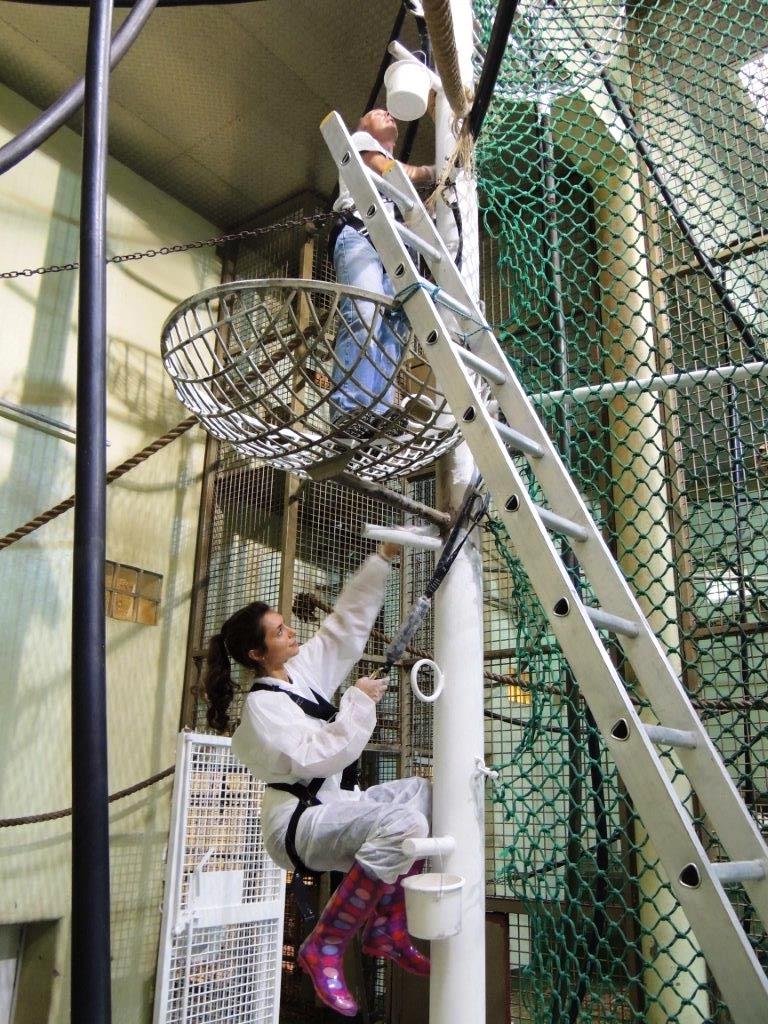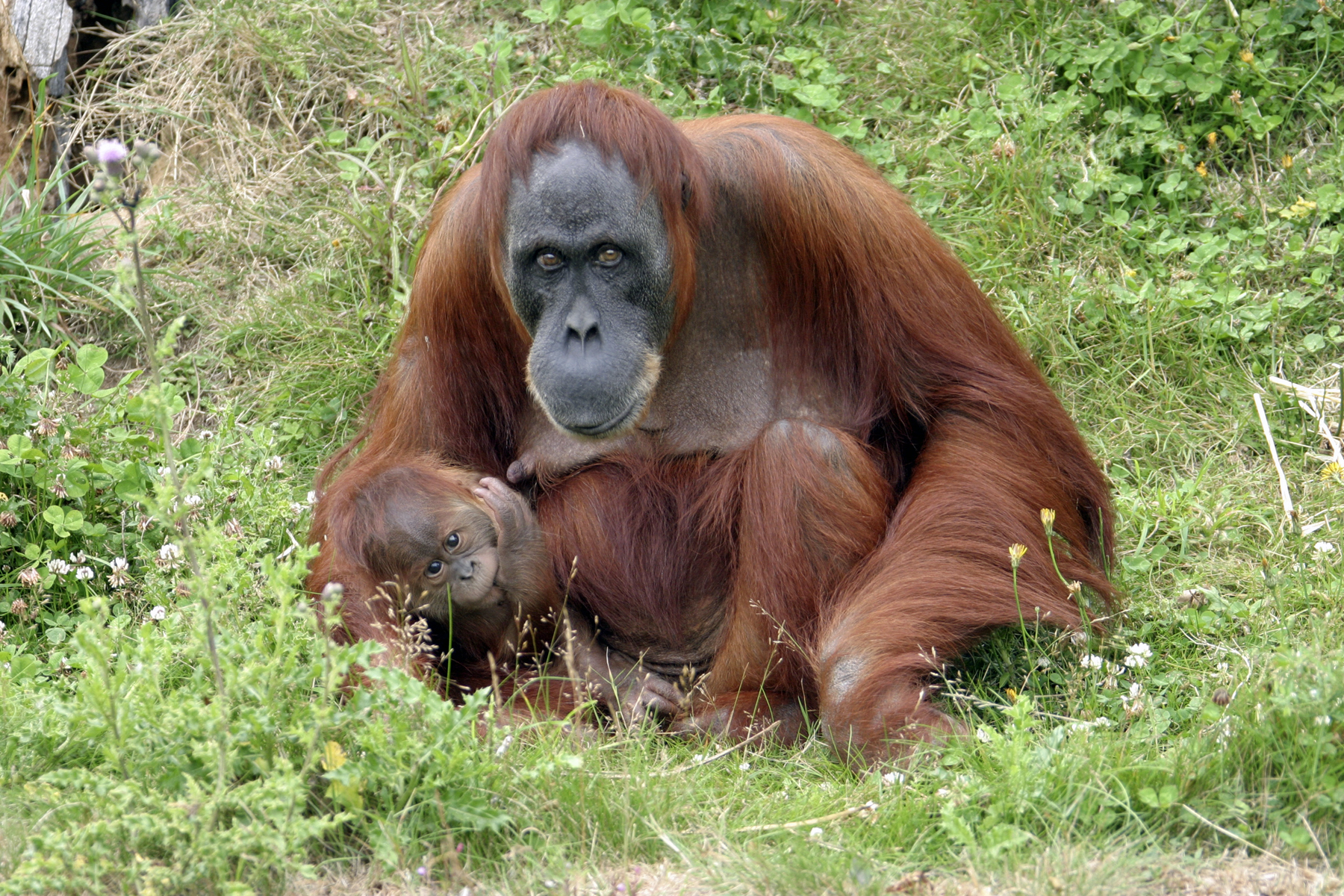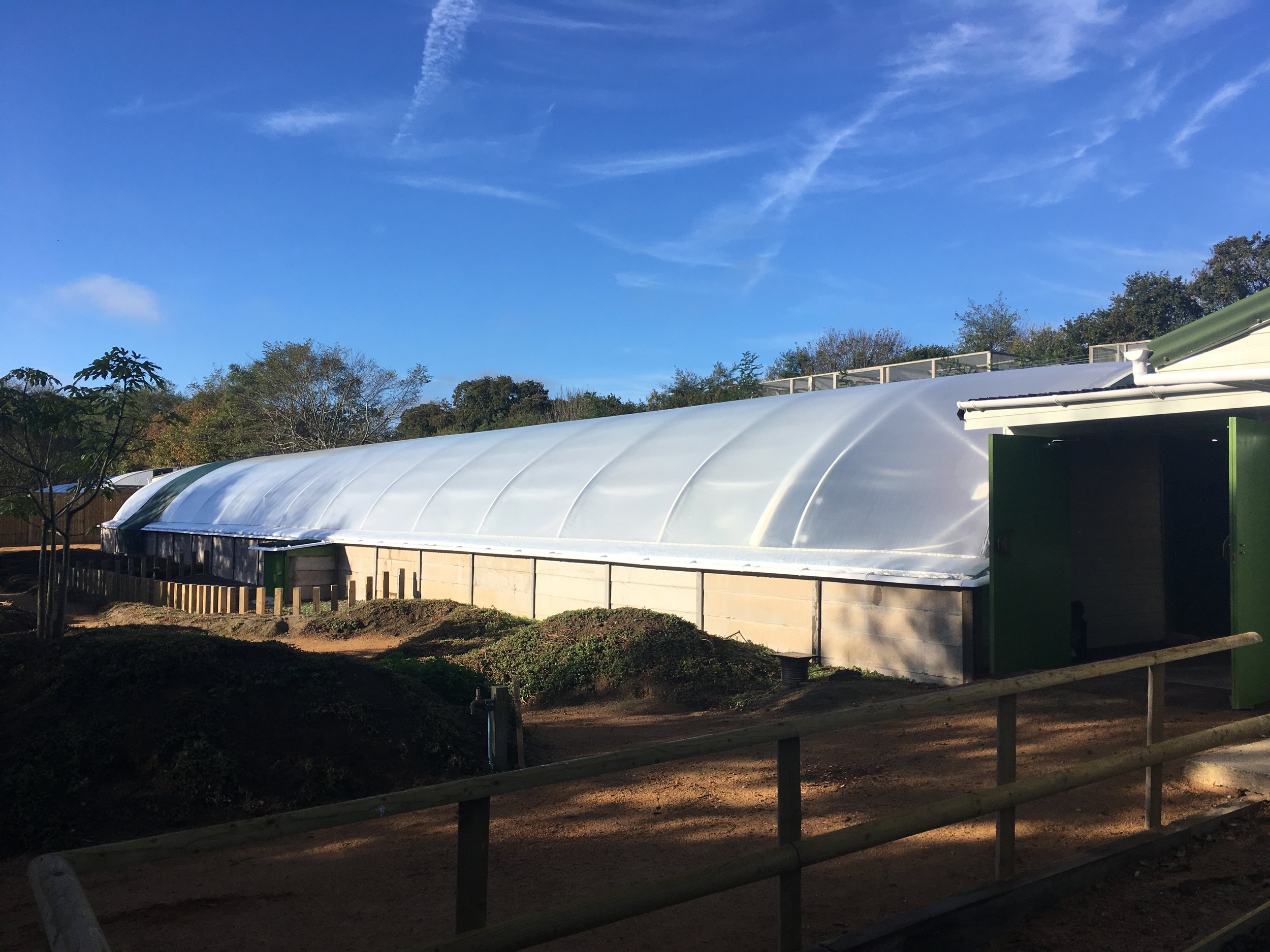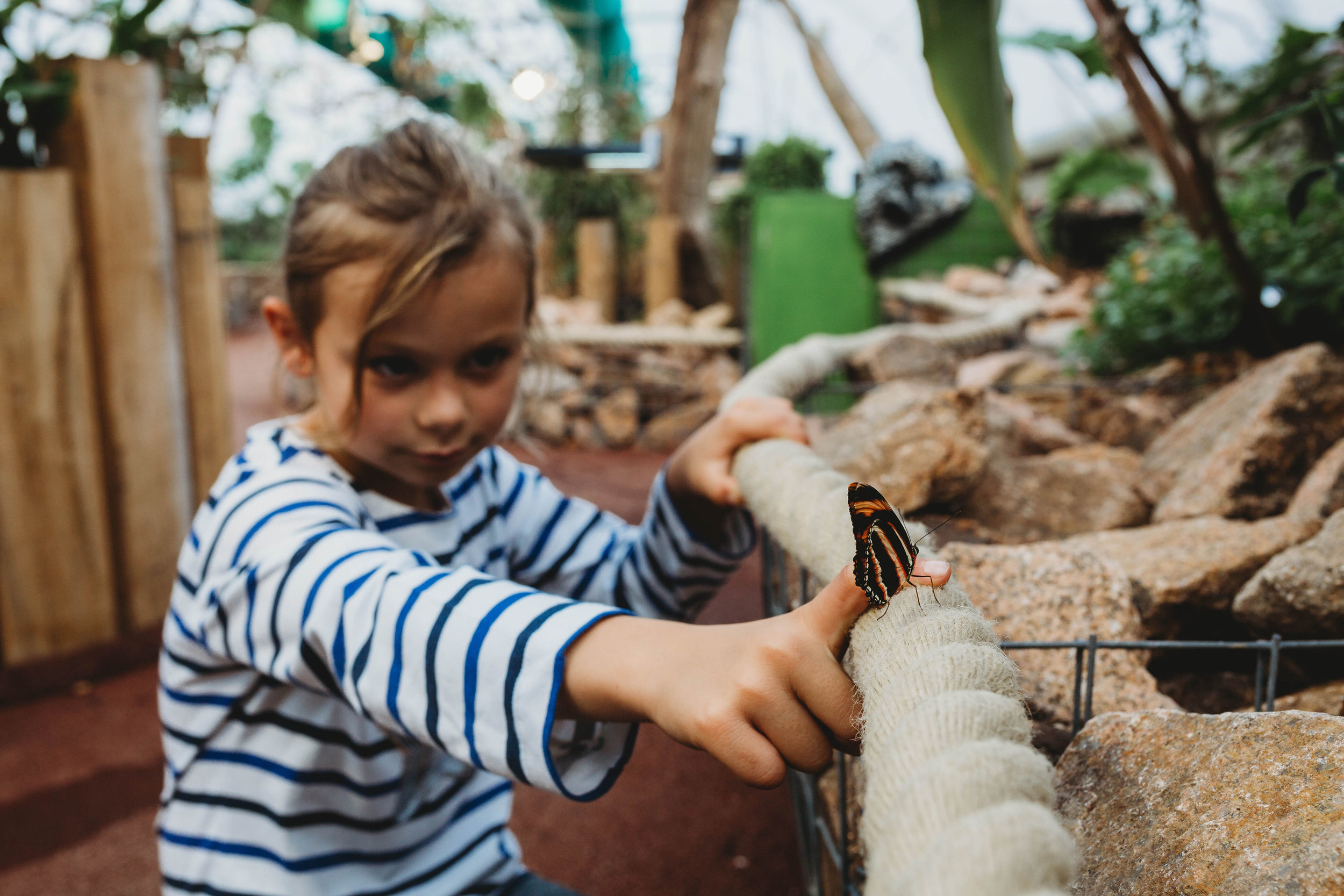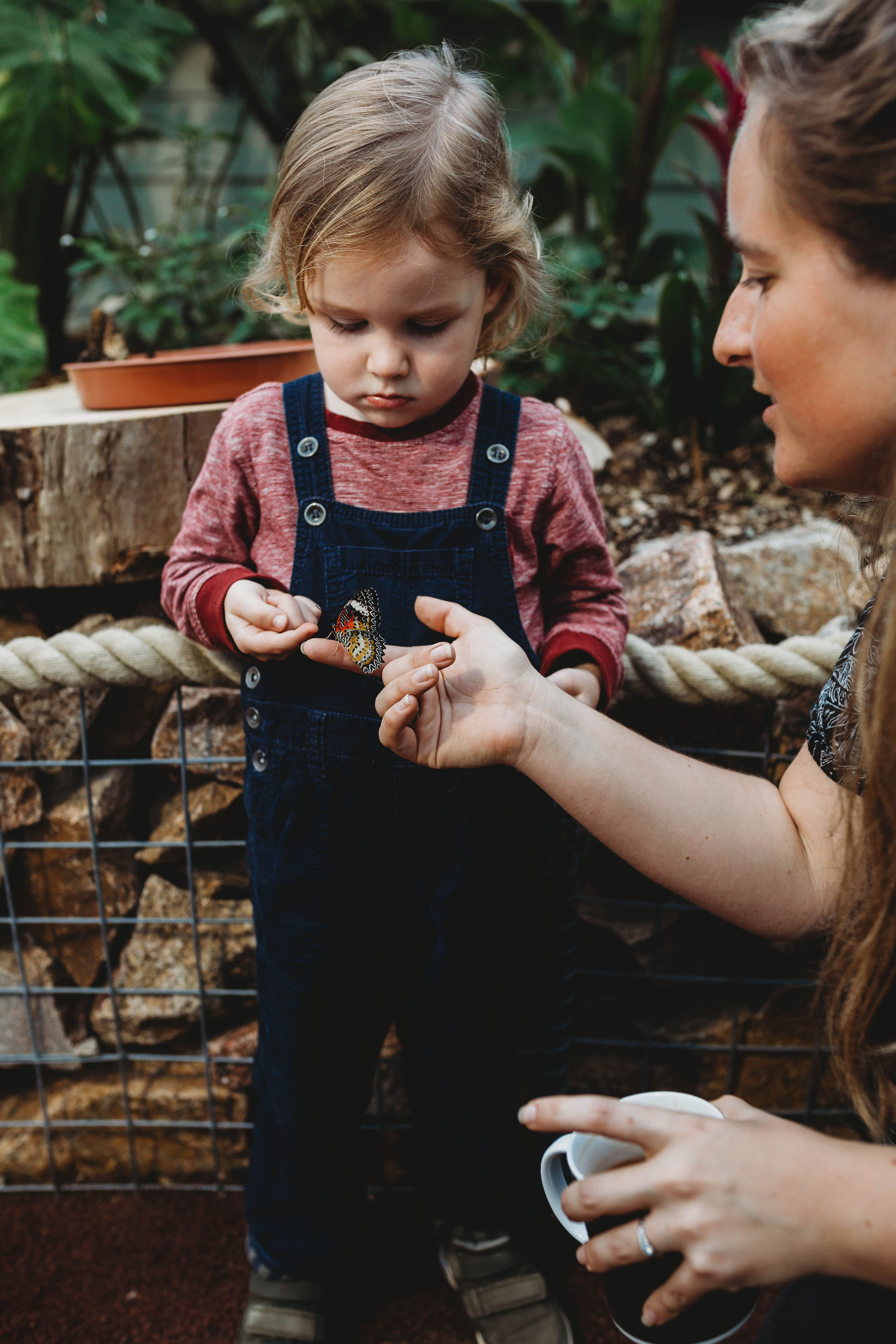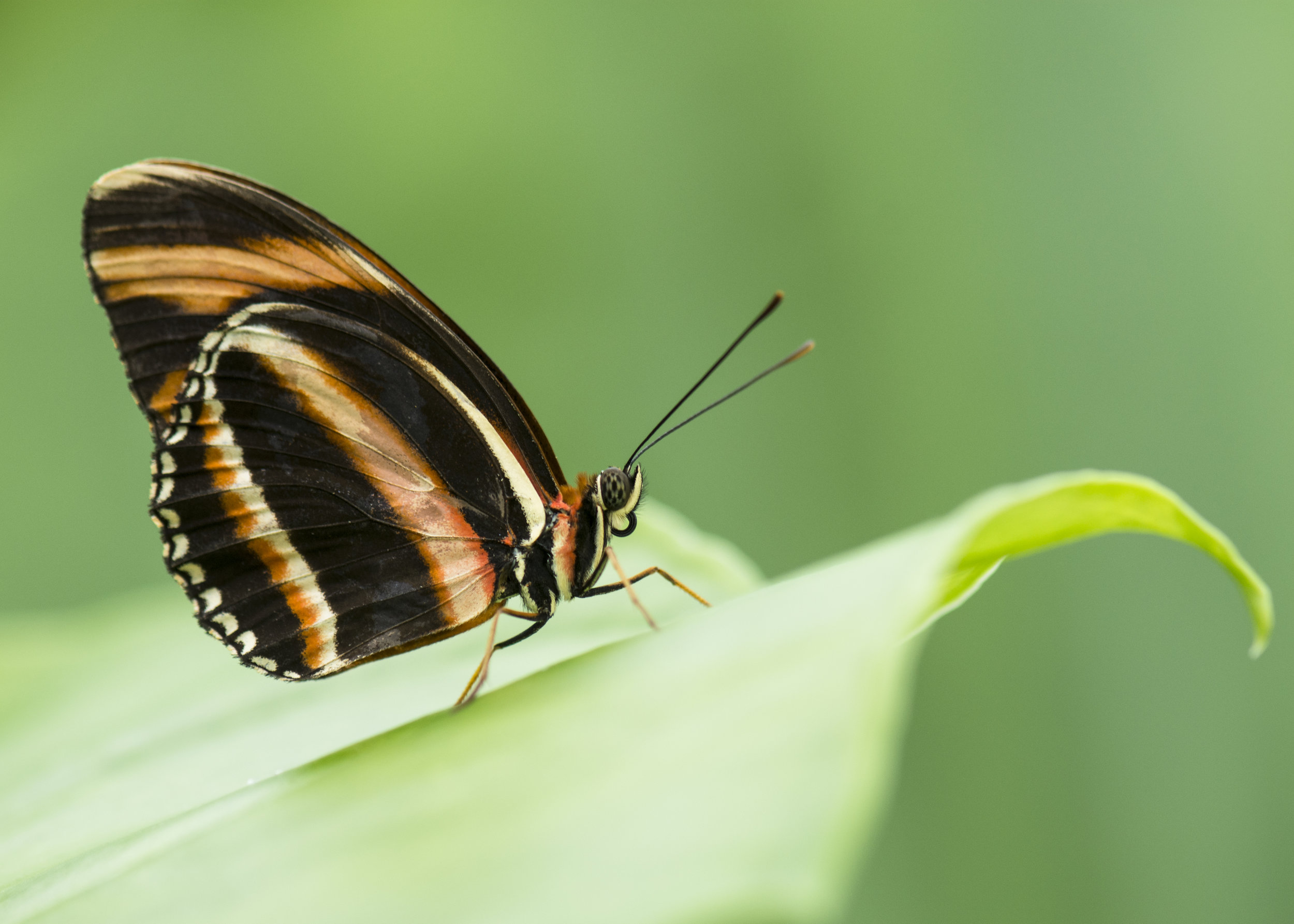
What We Do
Most conservation organizations go in for spectacular or cuddly animals, but we are different. We are the champions of all animals, even the 'little guys', the inconspicuous creatures that are just as crucial to the ecology of the planet as the more appealing ones. We aim to restore populations and habitats of threatened species in the wild by breeding, research, training and rebuilding links between people and nature.
Our Programs
Below are the main program areas at Durrell supported by American Friends of Durrell since 2014. These programs interact with and reinforce each other on specific projects. This integrated approach leads to dramatic rescues of threatened species and habitats and their restoration.
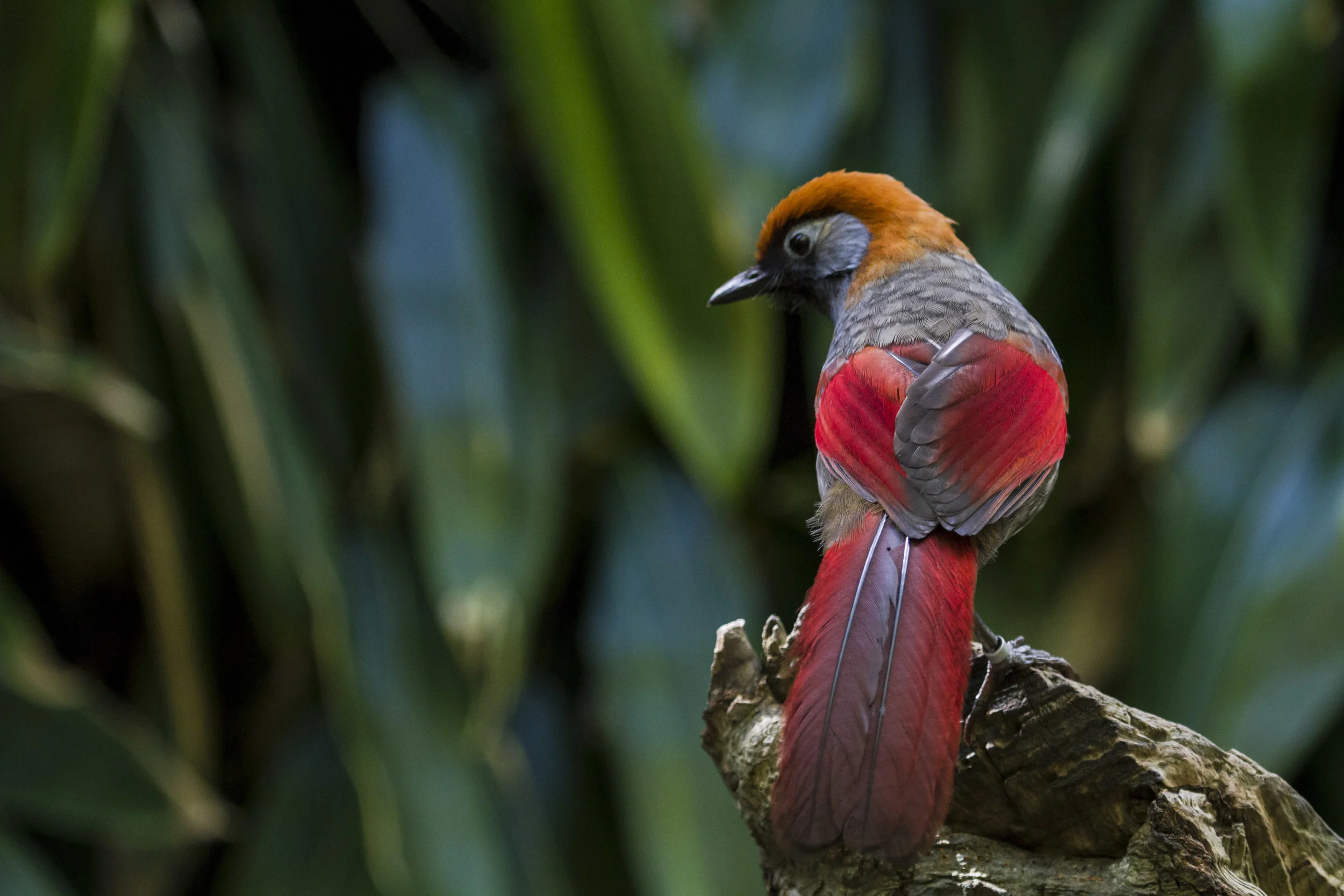
Field Programs
Rescue some of the most threatened species in the most threatened places in the world.
Focus on ten sites to restore the unique species and habitats that are under severe pressure from a variety of threats, such as habitat degradation, invasive species and illegal wildlife trade.
Employ 60 dedicated staff on 50 projects in a dozen countries involving field research, species and habitat restoration, in-country breeding and release programs, community conservation and capacity-building and support for the development of policies and plans at government level.
Restore habitats in Brazil, Galapagos, Great Britain, India, Indonesia, Jersey, Madagascar, Mauritius, and St Lucia, as well as focus on the recovery of species in these and several other countries.
Conservation Academy
Instructed more than 6,000 students from two-thirds of the world’s countries in the principles and practices of endangered species recovery since 1980; current annual intake exceeds 450 students.
Draws upon the skills of more than 50 staff from Jersey Zoo and Field Programs to deliver training.
Provides training in university-style facilities adjacent to the Zoo.
Offered more than 20 courses abroad since the early 2000s, tailored to the needs of conservationists from the relevant countries.
Training format ranges from year-long graduate courses to three day workshops to conservation internships.
Jersey Zoo
Established by Gerald Durrell in 1959, Jersey Zoo is the headquarters of Durrell Wildlife Conservation Trust.
Hub of Durrell's activities, situated in 25 acres of beautiful Jersey countryside, employing 100 staff.
Home to 120 species from gorillas to rare frogs, opening a window on Durrell's international work and reconnecting zoo visitors to nature.
Threatened species breed at the Zoo for release to the wild, conservation research and training of Academy students.
Staff teach at the Academy and support Field Programs.
Manages international studbooks for endangered species.
Develops and shares animal husbandry techniques to guide and improve management in breeding centers and in the wild.
Offers structured and informal learning activities through schools programs for more than 5,000 young people per year from Jersey, UK, Europe and USA.
Exposes 200,000 people a year to animals, talks and messaging to help them reconnect with nature, all the better to understand and value the biodiversity and ecosystem functions on which we all depend.
Conservation Science
Ensures all our conservation decisions are based on the best evidence available by conducting scientific research in our Field Programs, at our Zoo and with partners around the world.
Manages the Durrell Index, which allows us to track and report on our performance and impact.
Reviews practices in endangered species recovery programs to produce standard guidance materials.
Leads the IUCN Species Survival Commission’s Small Mammal Specialist Group, which assesses the status of more than half the world’s mammal species and promotes the research and actions they require.
Offers supervision to graduate students pursuing Master and Doctoral degrees.
Operations
Require 20% of Durrell's income, the other 80% being spent on the conservation mission and related activities
Include administrative staff and stationery costs, electricity and insurance charges, professional fees and maintenance of buildings and grounds.
Contributions to operations are indeed unglamorous, but they are meaningful and most deeply appreciated!
Our Projects
Since 2014 American Friends of Durrell has supported nearly two dozen specific Durrell projects. Click on the geographic location below for more details.

In Brazil…
Training for Tamarin Conservation (2015)
Tiny monkeys from South America are in grave danger, such as the pied tamarin from the region around Manaus and the four lion tamarin species from the eastern forests. These monkeys benefit from American Friends of Durrell’s support for Training for Tamarin Conservation.
Tamarins are small rainforest-dwelling monkeys, which are facing extinction because of loss of habitat. Many end up in zoos and rescue centers. Training for Tamarin Conservation brings together the animal keepers and conservationists from Jersey Zoo with their counterparts in Brazil in courses and practical sessions teaching tamarin conservation, including how to improve captive conditions for the little monkeys and how to release them back to the wild. A significant portion of course/practical content covers working with local communities to set up and manage protected areas, including creating corridors of trees linking one patch of forest to another.
In Madagascar…
Re-introduction/Conservation of Ploughshare Tortoise
(2014, 2015, 2016, 2017, 2018, 2019, 2021, 2022, 2023)Disney Conservation Hero Award to Juliette Velosoa (2014)
Alison Jolly Madagascar Scholarship (2015, 2016, 2019)
Madagascar Program Management and Coordination (2016, 2017)
Disney Conservation Hero Award to Ernest Bekarany (2017)
Establishing Durrell Conservation Training Madagascar (2018)
Strategic Development of Madagascar Program (2018)
Safeguarding Three Species of Chelonian (2023)
Madagascar is Durrell’s largest Field Program, benefitting the world’s rarest tortoise, the ploughshare tortoise, and many more critically endangered species and habitats, such as the world’s rarest duck, the Madagascar pochard, the gentle lemur of Lake Aloatra and the Madagascar big-headed turtle.
With an annual budget of more than 2 million dollars, a staff of 70 and operations in 7 remote sites, this program is partially supported by three American Friends of Durrell projects: Madagascar Program Management and Coordination, Madagascar Program Strategic Development and Durrell Conservation Training Madagascar.
Juliette Velosoa, a Durrell staff member, has conducted research and conservation for many years on the big-headed turtle, deservedly winning the Disney Conservation Hero Award in 2014.
American Friends of Durrell also supports Re-introduction/Conservation of the Ploughshare Tortoise, Durrell’s long-running effort to save this beautiful animal. Suffering from a history of hunting and habitat loss, it is now critically endangered by the illegal international trade in wildlife. Ernest Bekarany, who is head of the breeding center for the ploughshare, won the Disney Conservation Hero Award in 2017.
We also support the Alison Jolly Madagascar Scholarship, an award to a Malagasy conservationist to attend courses offered by Durrell Conservation Academy. The Scholarship was created to honor Dr Alison Jolly, an eminent American primatologist who was among the first scientists to study wild lemurs, devoting her life to them and to the people of Madagascar for fifty years. She wrote about her lifelong love affair with Madagascar in Thank You, Madagascar - Conservation Diaries of Alison Jolly. Alison was a great friend of Gerald and Lee Durrell.
In the Caribbean…
Saving Amphibians from Extinction in the Caribbean (2016, 2017)
St Lucia Racer Breeding Facilities in St Lucia (2018)
Saving the St Lucia Racer (2019, 2020,2022)
SMSG Cuban Solenodon Project (2021, 2022)
The Caribbean Islands have the largest proportion of threatened amphibians in the world. American Friends of Durrell is supporting Durrell's multi-year rescue effort called Saving Amphibians from Extinction in the Caribbean. One of the threats is the global epidemic of the deadly frog-attacking chytrid fungus. Durrell is working in Montserrat and Dominica to study the spread of chytrid and to try to control its effects by environmental manipulation. Other threats come from habitat loss, which is especially serious on the enormous island of Hispaniola. Durrell is leading surveys on the distribution and population sizes of amphibians in Haiti and the Dominican Republic to guide decisions on conservation action, as well as training local people in these skills. Durrell is initiating breeding trials for a number of species, as captive breeding will be a necessary tool for preventing the extinction of many of them.
American Friends of Durrell also supports St Lucia Racer Breeding Facilities in St Lucia, the first step in the recovery program for the rarest snake in the world, the St Lucia racer. No longer found on St Lucia, breeding stock has come from the few racers discovered on a tiny offshore island.
American Friends of Durrell also supports the work of the Small Mammal Specialist Group (of the International Union for the Conservation of Nature) to learn more about one of the most unusual and most elusive mammals in the world, the Cuban Solenodon, which is classified as Endangered. It is so rare, we do not have a good photograph of it......yet!
In India…
Re-introducing Pygmy Hogs into Assam (2015, 2016, 2017, 2020, 2021, 2022)
Disney Conservation Hero Award to Parag Deka (2017)
Rewilding Manas (2021)
The pygmy hog is the smallest member of the pig family and lives in the grasslands of Assam in northern India. In the early 1970s it was clearly on the brink of extinction due to extensive loss of habitat, particularly by indiscriminate burning. Gerald Durrell took an interest in the little hogs and eventually a breeding program was set up in Assam, along with many field studies to determine the ecological requirements of the species. Over a number of years captive-bred hogs were released into three protected areas, where they have survived and bred, carefully monitored by Durrell’s field team using radio-tracking and camera traps. Re-introducing Pygmy Hogs into Assam has been supported by American Friends of Durrell.
Veterinarian Parag Deka, who leads the field team, won the Disney Conservation Hero Award in 2017.
Not only has the pygmy hog been saved, but its presence is a good indicator of the health of its grassland habitat, which is also home to tigers, rhinos and a critically endangered bird, the Bengal florican. Recently Durrell began a programme to restore degraded habitats in one of the pygmy hog strongholds, Manas National Park. American Friends of Durrell supported Rewilding Manas in 2021.
In Jersey…
Support for Animal Staff at Jersey Zoo (2016, 2017, 2018, 2019, 2020, 2021, 2022 including generous donations from the Love Your Zoo appeal which ran from 2020 to 2022 to support Jersey Zoo during the covid pandemic)
Butterfly and Tortoise House at Jersey Zoo – Build and Running Costs (2018)
Butterfly and Tortoise House Running Costs, Jersey Zoo (2019, 2020, 2021, 2022)
The establishment of Jersey Zoo was Gerald Durrell’s first practical step towards his mission to save species from extinction. Today, more than 60 years later, it is hailed as one of the best zoos in the world, one that practices what it preaches – conservation.
Donate
American Friends of Durrell appreciates each and every donation, no matter how large or small. It is only through the generosity of people like yourself that Durrell will be able to carry on its work to save species from extinction!
There are many other ways to help American Friends of Durrell, including gifts of securities and bequests in your estate plans. Contact us to find out more.







